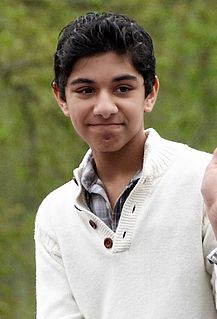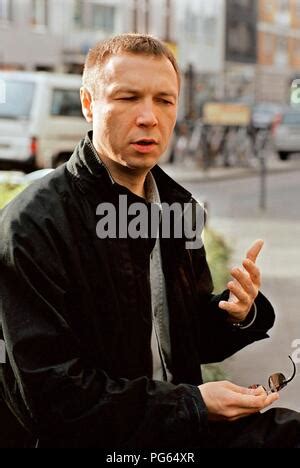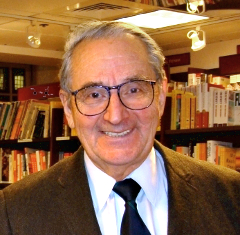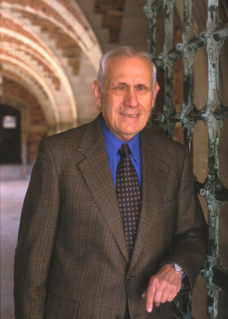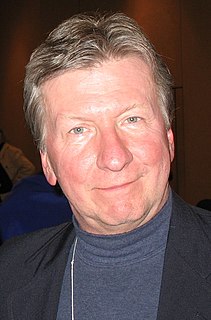A Quote by Tenzin Palmo
I think it's crucial to recognize that we are so fortunate to have this human birth where we can practice what we want, pick up and not just read books but actually understand them. This level of education is very rare throughout history, so we shouldn't take it for granted.
Related Quotes
Reading is human contact, and the range of our human contacts is what makes us what we are. Just imagine you live the life of a long-distance truck driver. The books that you read are like the travelers you take into your cab. If you give lifts to people who are cultured and profound, you'll learn a lot from them. If you pick up fools, you'll turn into a fool yourself.
You live your life like it’s a rare treasure to be savored. You take pleasure from the simplest of things and you never take them for granted. I saw the joy on your face and the life in your eyes when you cradled the permits to your chest. I’ve never seen anything lovelier. I actually thought you would cry just from the joy of touching them. I’ve been numb all my life, Megeara, but you…you feel on a level that I can’t even imagine, and for a little while I wanted to feel that, too. (Arik)
It is fortunate that molecular synthesis also serves the utilitarian function of producing quantities of rare or novel substances which satisfy human needs, especially with regard to health, and the scientific function of stimulating research and education throughout the whole discipline of chemistry.
I'm trying to understand how do we tell lies to ourselves to justify what we've done and what are the consequences of those lies? But actually maybe I also recognize that in turning empathy into a practice for many years, by turning, by forcing myself to separate at some level the humanity of a human being from his or her actions and recognizing that sometimes, even the moral aspects of a human being can contribute to immoral behavior.
Any insistence on equal pay is crucial and any redefinition of work to include caregiving work so that it also has an economic value, at least at replacement level, that's crucial. So change does come from the bottom up, and it will come from girls and women and men who understand that for us all to be human beings instead of being grouped by gender is good for them, too.
I don't want to write things that people don't want to read. I would have no pleasure in producing something that sold 600 copies but that was considered very wonderful. I would prefer to sell 20,000 copies because the readers loved it. When I write books I don't actually think about the market in that way. I just tell myself the story. I don't think I'm talking to a 10-year-old boy or a six-year-old girl. I just write on the level the story seems to call for.
I had an idea for a medical conspiracy thriller. Since it was non-horror, I didn't want the publishers and editors bringing a lot of baggage - my history as a genre writer in the SF and horror fields, for instance - to the novel when they read it. I wanted them to consider the book solely on its own merits. So I called myself Colin Andrews. I was tired of seeing my books at floor level. Not that Herman Wouk and Phyllis Whitney and William Wharton are bad company, but I wanted to be up at eye level for a change, where people with bad backs could get a chance to see my books.

